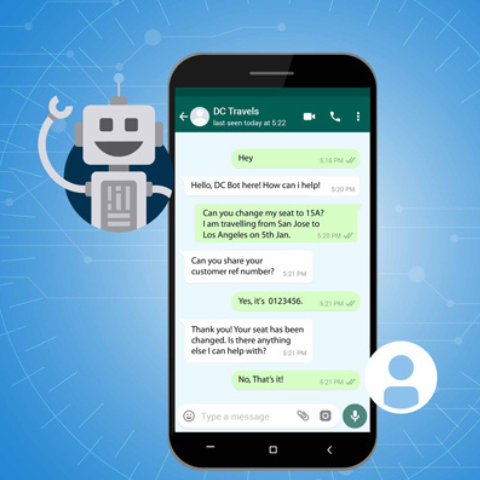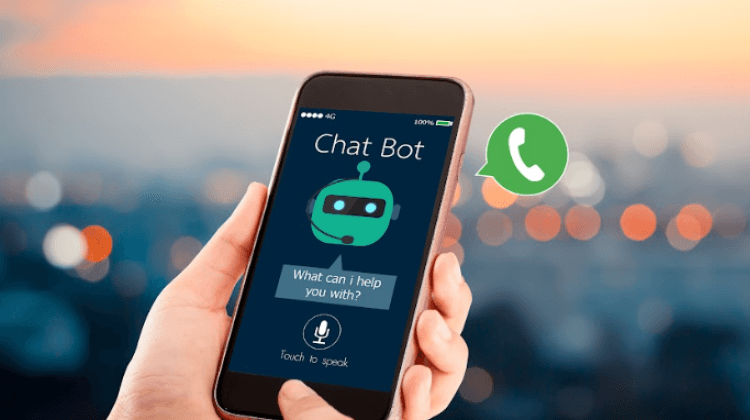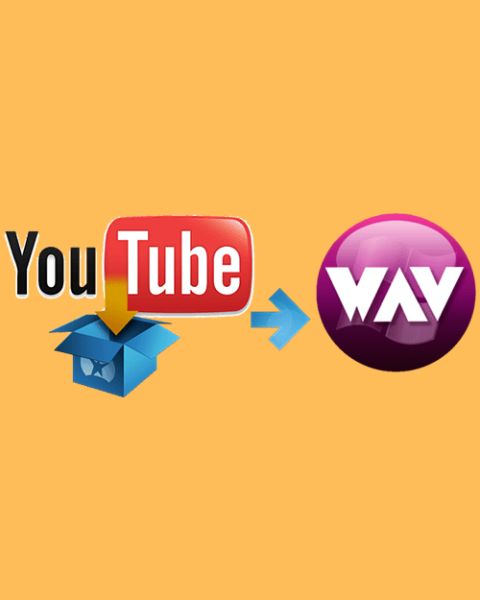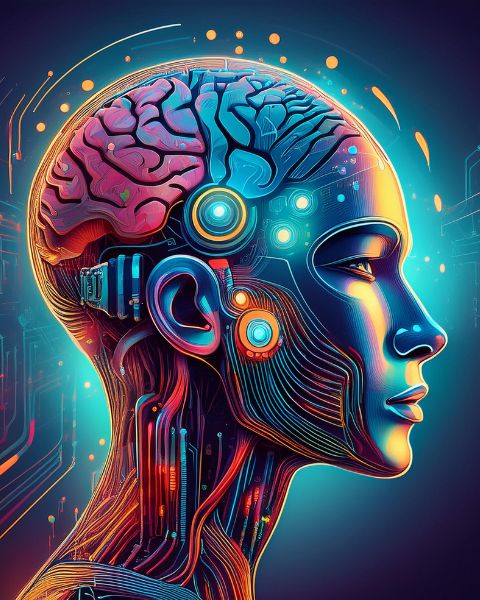
Best Tourist Places in Kota Rajasthan
February 16, 2023
Black History Month Door Decorations Ideas
February 18, 2023

The future of WhatsApp chatbots is an exciting topic that has been generating a lot of buzz in recent years. With the growing popularity of instant messaging platforms and the increasing demand for businesses to provide a seamless customer experience, it’s clear that chatbots are set to play a crucial role in the future of communication and commerce.
WhatsApp chatbots have the potential to revolutionize the way businesses interact with their customers. With over 2 billion monthly active users, WhatsApp is one of the world’s most widely used messaging platforms, making it an attractive option for businesses looking to reach a large audience.
In the future, we can expect to see an increase in the use of WhatsApp chatbots for customer service and support.
In this blog, we’ll take a closer look at some of the predictions and trends for WhatsApp chatbot integration in 2023 and beyond.
1. Increased Adoption of WhatsApp Business API
WhatsApp Business API is a platform that allows businesses to build chatbots and communicate with customers on WhatsApp. The API has already been adopted by many businesses, including banks, airlines, and e-commerce companies, but it is expected to see even greater adoption in 2023 and beyond. With more businesses recognizing the importance of instant messaging as a way to reach customers, the number of chatbots built on the WhatsApp Business API will likely continue to grow.
2. Integration with Other Platforms and Services
In the coming years, we can expect to see greater integration between WhatsApp chatbots and other platforms and services. For example, chatbots may be integrated with CRM systems to help businesses manage customer interactions more effectively. Additionally, we may see the integration of payment gateways, allowing customers to make purchases directly from a WhatsApp bot.
3. Improved User Experience
As chatbots become more advanced, the user experience is expected to improve. This will be achieved through natural language processing (NLP) and machine learning algorithms, enabling chatbots to understand and respond to customer queries more accurately. Additionally, WhatsApp bots will be able to personalise their interactions with customers, making the experience more human-like and satisfying.
4. Greater Focus on Customer Service
WhatsApp chatbot integration is already being used by many businesses to provide customer support, but in 2023 and beyond, we can expect to see an even greater focus on this area. Chatbots will be used to handle routine customer service tasks, such as answering frequently asked questions and resolving issues, freeing up human customer service representatives to deal with more complex issues.
Also Check: The 8 Most Common Mistakes in E-commerce Store
5. Expansion into New Markets
As the popularity of WhatsApp continues to grow, we can expect to see the expansion of chatbots into new markets, particularly in developing countries where instant messaging is becoming increasingly popular. In these markets, businesses will use chatbots to reach customers who may not have access to other forms of communication, such as email or telephone.
6. Increased Use of Chatbots for Lead Generation
In addition to providing customer support, WhatsApp chatbots are expected to play a greater role in lead generation in 2023 and beyond. Chatbots will engage with potential customers, qualify leads, and even close sales. By automating these tasks, businesses will be able to save time and resources while also improving their conversion rates.
7. More Advanced Features
As chatbots continue to evolve, we can expect to see the introduction of more advanced features. For example, chatbots may be equipped with voice recognition capabilities, allowing customers to interact with them using voice commands. Additionally, we may see the integration of augmented reality (AR) and virtual reality (VR) technologies, allowing customers to experience products and services in a more immersive way.
8. Increased Competition
With the growing popularity of WhatsApp chatbots, we can expect to see increased competition in the market. This will result in businesses having to invest more in their chatbots to stay ahead of the curve, as well as having to offer more advanced features and better customer experiences.
Wrapping Up:
In conclusion, the future of WhatsApp chatbots is promising and we can expect their use to become increasingly widespread in the coming years.
However, it’s important to note that for WhatsApp chatbots to be effective, they must be well-designed and provide a high-quality user experience. Businesses need to strike a balance between automating tasks and providing a human touch to ensure that customers feel valued and satisfied with the interactions they have with the chatbots.
With Mtalkz your WhatsApp chatbot integration gets easier. Their professional services are intended to help you establish yourself as a high-performing, data-driven, customer-centric company so that you can maximise the return on your CX investment.
Mtalkz provides WhatsApp chatbot for eCommerce and a lot more. You can visit their website for more information.



